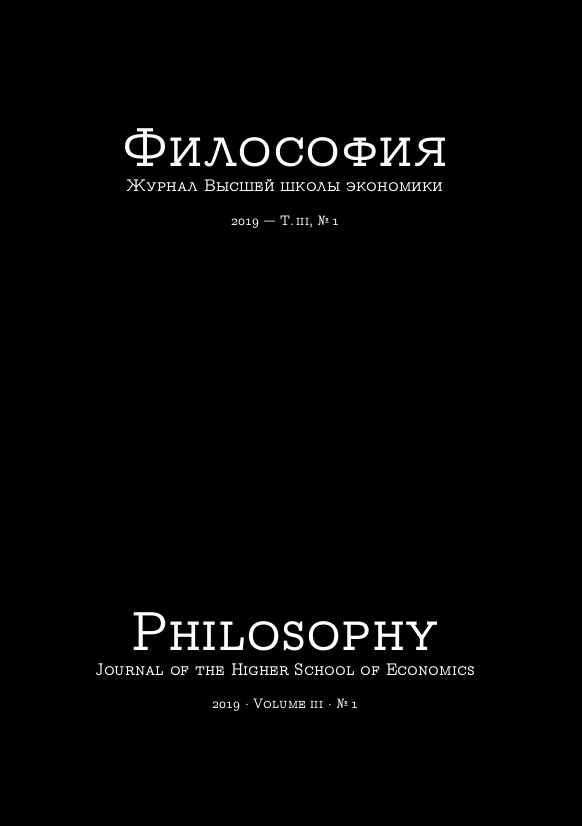Expressing the Transcendence
the Beginnings of the Negative Theology in the Writings of Plotinus
Abstract
Plotinus chooses to unveil the transcendent character of his principle and must find to this purpose an appropriate manner of speech. The Enneads contain various descriptions of this search; they both practice and justify the constant use of negations. The aim is to prevent diminishing the superiority of the One by fixing it in certain determinations. Nevertheless, the language is granted a certain space of manifestation, within which the Nameless can receive names or superlative descriptions. Such “intervals” of verbalization
show the discursive oscillation of the soul striving for the last unity, even though it is only beyond the margins of such intervals that the wordless encounter with the One may occur. Besides fundamental ontological options, a novel reply to classical difficulties underlie the formulations of what we might call Plotinus’ articulation of the via negativa. Formless and infinite, the principle must not contain the particularities it founds. A new logic of generation doubles the emphasis of the absolute otherness of the One. All along this inquiry, we shall see how the “negative” or “apophatic” approach of the Divine institutes its language and finds its legitimacy in the works of Plotinus. Thus the ineffable transcendence leaves echoes in the modulations of our language.






